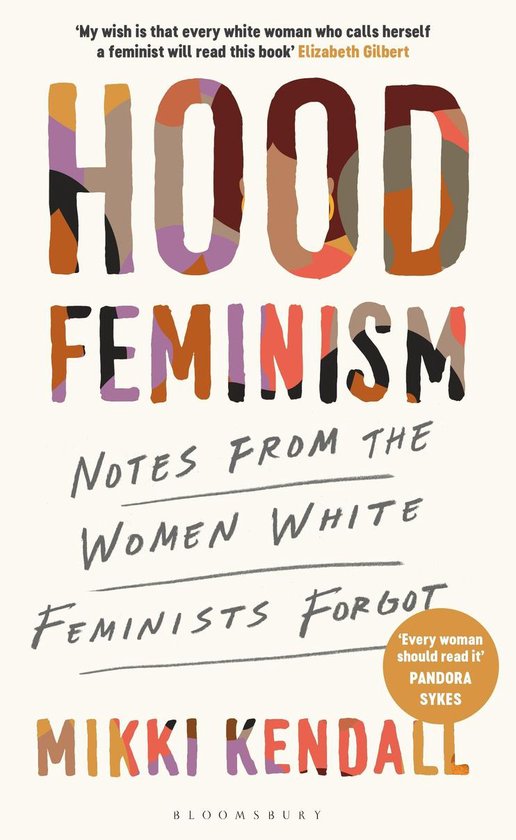

In fact, she feels that women actually oppress other women - which is an academically-oriented way of admitting that mean girls do not just exist in Linsey Lohan movies.

Hood Feminismis a collection of essays by Mikki Kendall, who takes issue with feminism in general because, she asserts, it only really works for some women.

We are thankful for their contributions and encourage you to make your own. An unforgettable debut, Kendall has written a ferocious clarion call to all would-be feminists to live out the true mandate of the movement in thought and in deed.These notes were contributed by members of the GradeSaver community.

Drawing on her own experiences with hunger, violence, and hypersexualization, along with incisive commentary on politics, pop culture, the stigma of mental health, and more, Hood Feminism delivers an irrefutable indictment of a movement in flux. How can we stand in solidarity as a movement, Kendall asks, when there is the distinct likelihood that some women are oppressing others? In her searing collection of essays, Mikki Kendall takes aim at the legitimacy of the modern feminist movement arguing that it has chronically failed to address the needs of all but a few women. Moreover, prominent white feminists broadly suffer from their own myopia with regard to how things like race, class, sexual orientation, and ability intersect with gender. That feminists refuse to prioritize these issues has only exacerbated the age-old problem of both internecine discord and women who rebuff at carrying the title. All too often, however, the focus is not on basic survival for the many, but on increasing privilege for the few. Mainstream feminists rarely talk about meeting basic needs as a feminist issue, argues Mikki Kendall, but food insecurity, access to quality education, safe neighborhoods, a living wage, and medical care are all feminist issues. A potent and electrifying critique of today's feminist movement announcing a fresh new voice in black feminismToday's feminist movement has a glaring blind spot, and paradoxically, it is women.


 0 kommentar(er)
0 kommentar(er)
